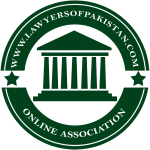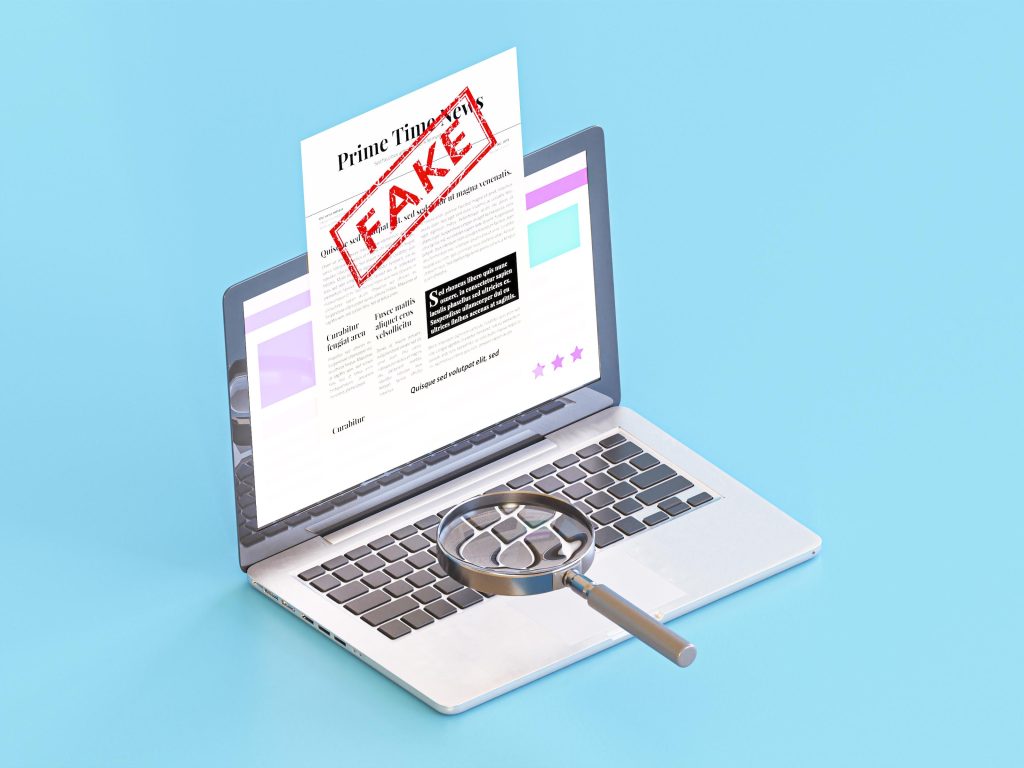Title: Giving or Fabricating False Evidence in Pakistan: Understanding the Legal Implications
Introduction
In any judicial system, the integrity of evidence is of utmost importance to ensure fair and just trials. The provision of truthful and accurate evidence plays a crucial role in determining the outcome of a case. However, the act of giving or fabricating false evidence undermines the very foundation of justice and can have serious repercussions on the legal system. In Pakistan, the law strictly prohibits the production or presentation of false evidence and imposes severe penalties on those found guilty. This article aims to provide an overview of the legal implications associated with giving or fabricating false evidence in Pakistan.
Legal Framework
The primary legislation governing the offense of giving or fabricating false evidence in Pakistan is the Pakistan Penal Code, 1860. Section 191 of the code explicitly addresses the act of giving false evidence, while Section 192 deals with fabricating false evidence. These provisions are designed to deter individuals from engaging in such activities and to safeguard the credibility of the justice system.
Giving False Evidence
Under Section 191, any person who, intentionally and knowingly, gives or fabricates false evidence during any stage of a judicial proceeding, whether in a court of justice or before any officer authorized to take evidence, commits the offense of giving false evidence. The provision covers both oral and documentary evidence.
Penalties for giving false evidence can vary depending on the nature and severity of the offense. According to Section 193 of the Pakistan Penal Code, if the false evidence is given in a capital case or a case where imprisonment of seven years or more may be awarded, the person found guilty can be punished with imprisonment for a term which may extend to seven years, along with a possible fine. In cases where the maximum punishment is less than seven years, the guilty party may be imprisoned for a term that can extend up to three years, in addition to a potential fine.
Fabricating False Evidence
Section 192 deals with the act of fabricating false evidence. It states that any person who causes the existence of any document or thing containing false evidence with the intention that it may be used in a judicial proceeding, or knowingly uses any such document or thing as evidence, commits the offense of fabricating false evidence.
The penalties for fabricating false evidence are similar to those for giving false evidence. If the fabricated evidence relates to a capital offense or an offense punishable with imprisonment of seven years or more, the guilty party may face imprisonment for up to seven years and a possible fine. For offenses carrying a maximum punishment of less than seven years, the imprisonment term can extend up to three years, along with a potential fine.
The Importance of Deterring False Evidence
False evidence not only distorts the course of justice but also erodes public trust in the legal system. It can lead to wrongful convictions, causing irreversible damage to the lives of innocent individuals. Recognizing the gravity of this offense, the courts in Pakistan take a firm stance against those found guilty of giving or fabricating false evidence.
Conclusion
The act of giving or fabricating false evidence is a serious offense under Pakistani law. It undermines the credibility of the justice system and can have significant consequences on individuals involved in a legal proceeding. Strict penalties are in place to deter such acts and to ensure the integrity of the judicial process. It is crucial for all citizens to uphold the principles of truthfulness and honesty when participating in any legal proceedings, in order to maintain the sanctity of justice in Pakistan.
The punishment for giving or fabricating false evidence in Pakistan is outlined in the Pakistan Penal Code, 1860. The specific penalties depend on the severity of the offense and the maximum punishment prescribed for the underlying case. Here is a summary of the potential punishments:
1. Giving False Evidence:
– In cases where the maximum punishment for the underlying offense is seven years or more, the guilty party can be imprisoned for up to seven years and may also be liable to pay a fine.
– In cases where the maximum punishment for the underlying offense is less than seven years, the guilty party can be imprisoned for up to three years and may also be liable to pay a fine.
2. Fabricating False Evidence:
– If the fabricated evidence relates to a capital offense or an offense punishable with imprisonment of seven years or more, the guilty party can be imprisoned for up to seven years and may also be liable to pay a fine.
– If the fabricated evidence relates to an offense carrying a maximum punishment of less than seven years, the guilty party can be imprisoned for up to three years and may also be liable to pay a fine.
It’s important to note that these punishments are subject to the discretion of the court, which considers the facts and circumstances of each case before determining the appropriate penalty. Additionally, it is advisable to consult the latest legal sources or seek professional legal advice for the most up-to-date information on the specific penalties related to giving or fabricating false evidence in Pakistan.
Certainly! Here are the specific sections of the Pakistan Penal Code, 1860, that address the offenses of giving or fabricating false evidence:
1. Giving False Evidence:
– Section 191 of the Pakistan Penal Code: “Giving false evidence”
2. Fabricating False Evidence:
– Section 192 of the Pakistan Penal Code: “Fabricating false evidence”
These sections provide the legal framework and define the offenses related to giving or fabricating false evidence in Pakistan. They outline the elements of the offenses and the corresponding penalties upon conviction. It is important to refer to the complete text of these sections and consult legal professionals or authoritative legal sources for a comprehensive understanding of the provisions and their application in specific cases.

